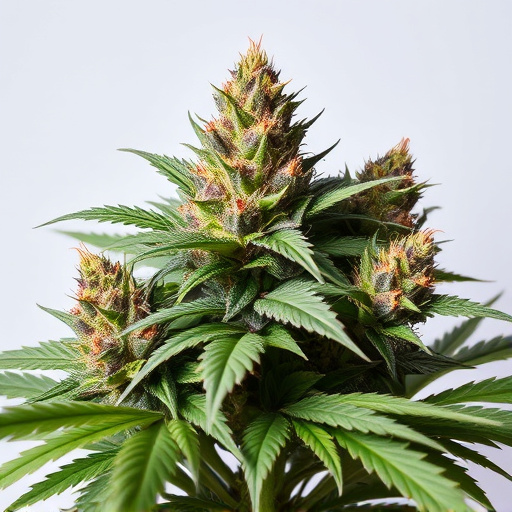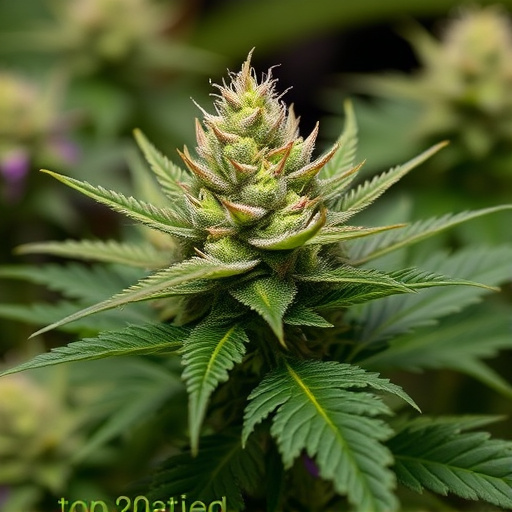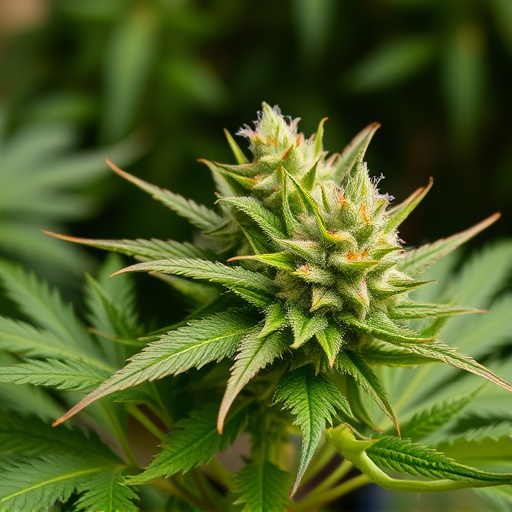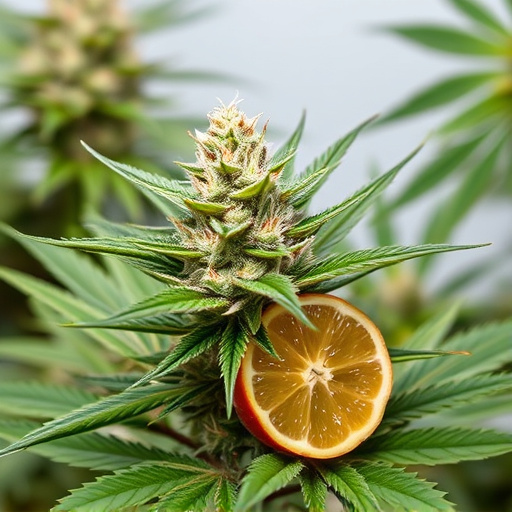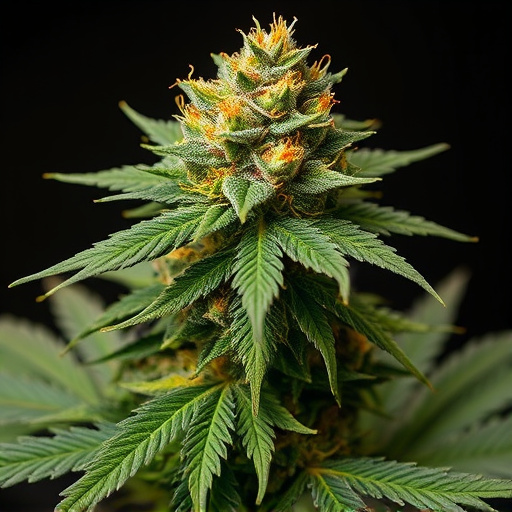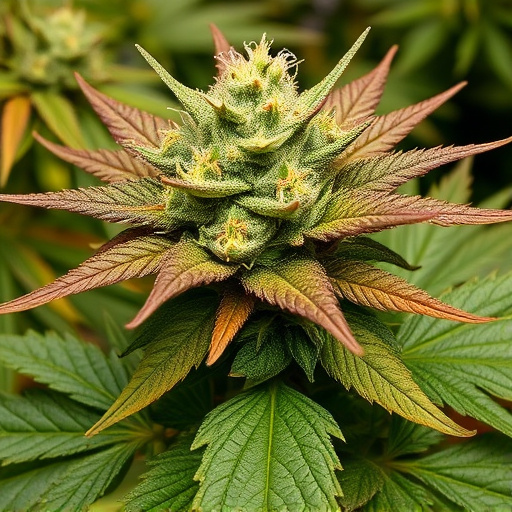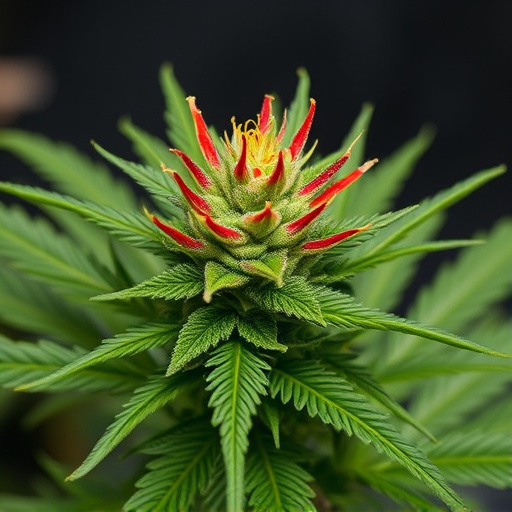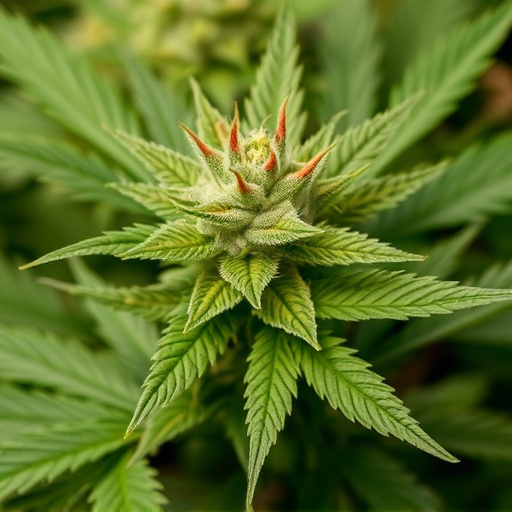The growing popularity of sour cannabis strains, driven by legalizations, offers unique experiences but carries health risks. These strains, characterized by their tangy aromas, may cause respiratory issues due to compounds like myrcene and limonene. High THC levels can induce anxiety and paranoia, especially in those with mental health histories. Additionally, illegal cultivation practices lead to chemical contaminants, posing serious health dangers. Regular or excessive THC consumption, particularly during adolescence, may increase the risk of cognitive impairments. Consumers must be aware of these risks, use sour strains responsibly, and advocate for stringent regulations to ensure a safe cannabis market.
“Exploring the risks associated with cannabis flower, especially the popular yet potent sour cannabis strains, is essential for consumers. This article delves into the potential health hazards, focusing on specific concerns like the effects of THC on mental well-being and cognitive function. Furthermore, it examines the presence of pesticide and chemical contaminants in these strains, shedding light on why understanding these risks is crucial for making informed decisions regarding cannabis consumption.”
- Potential Health Risks Associated with Sour Cannabis Strains
- Pesticide and Chemical Contaminants: A Cause for Concern?
- The Impact of THC on Mental Health and Cognitive Function
Potential Health Risks Associated with Sour Cannabis Strains
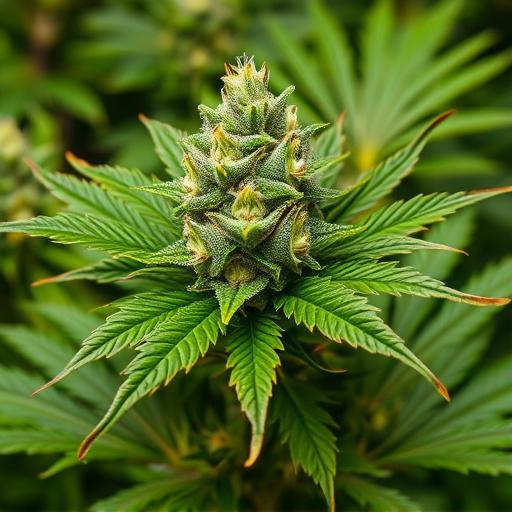
The popularity of sour cannabis strains has grown alongside the legalization of cannabis for both medical and recreational use. While these strains offer unique sensory experiences with their tangy, citrusy aromas and flavors, they also come with potential health risks. Studies suggest that some compounds found in sour cannabis strains may contribute to respiratory issues, especially when consumed through smoking or vaping. The high levels of certain terpenes, like myrcene and limonene, can exacerbate existing respiratory conditions such as asthma and chronic obstructive pulmonary disease (COPD).
Additionally, the potent THC levels commonly present in sour cannabis strains can lead to heightened anxiety and paranoia in some users. These adverse effects are particularly pronounced in individuals with a history of mental health issues or those who consume high-potency products without proper knowledge or experience. It’s crucial for consumers to be aware of these potential risks and use sour cannabis strains responsibly, considering their unique chemical profiles and potency.
Pesticide and Chemical Contaminants: A Cause for Concern?
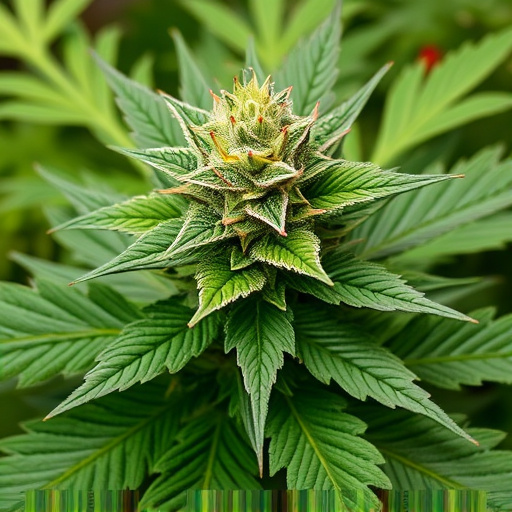
Many consumers are drawn to the diverse range of sour cannabis strains available on the market, each offering unique flavors and effects. However, one concern that casts a shadow over this burgeoning industry is the potential presence of pesticide and chemical contaminants in these products. The illegal nature of cannabis cultivation in many regions has led to a black market where growers may use harmful chemicals to boost yields and protect their crops from pests. These substances can remain in the final product, posing significant health risks to users.
Pesticides and other chemicals can have adverse effects on human health, ranging from acute toxicity to long-term exposure issues. Some common contaminants include insecticides, fungicides, and synthetic fertilizers. These substances may cause respiratory problems, skin irritation, and even neurological disorders. With the growing popularity of cannabis, there is an urgent need for stricter regulation and testing protocols to ensure that consumers are protected from these hidden dangers.
The Impact of THC on Mental Health and Cognitive Function
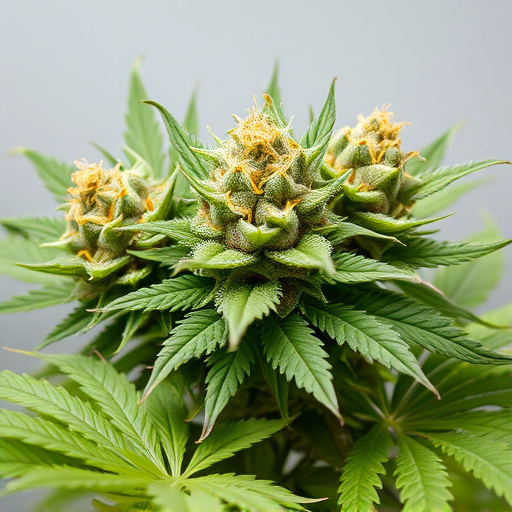
The primary psychoactive compound in cannabis, tetrahydrocannabinol (THC), can have significant effects on mental health and cognitive function, especially when consuming high-potency sour cannabis strains. While THC is known to produce feelings of euphoria and relaxation, it can also induce anxiety, paranoia, and psychosis in some individuals, particularly those predisposed to these conditions. Studies suggest that higher THC levels may increase the risk of adverse mental health outcomes, especially when consumed in excess or by inexperienced users.
Chronic use of cannabis with high THC content could potentially impact cognitive functions such as memory, attention, and problem-solving abilities. Adolescents and young adults are particularly vulnerable due to their still-developing brains. Research indicates that regular cannabis use during adolescence may lead to persistent deficits in cognitive performance later in life. Therefore, it’s crucial to be mindful of THC levels when consuming cannabis, especially for those with a history of mental health issues or those who may be at higher risk.
While sour cannabis strains offer unique sensory experiences, it’s crucial to be aware of potential risks. From health hazards linked to specific strains to pesticide concerns and THC’s impact on mental well-being, consumers must make informed choices. Understanding these risks is essential for navigating the market responsibly and ensuring a safe experience. Remember, moderation and knowledge are key when exploring the world of cannabis flower.

